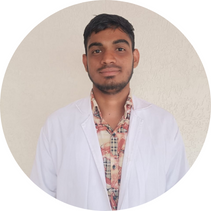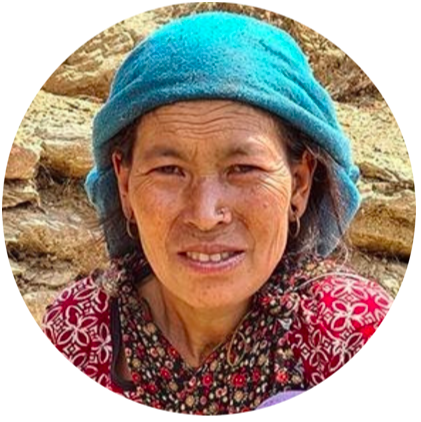Health and Hygiene
Saving lives and preserving the health of the most vulnerable
In both India and Nepal, the regions in which we are active are confronted with a significant lack of access to health care, both materially, geographically and financially.
One figure : A report by the World Health Organisation (WHO) reveals that 4.2% of India’s population, or more than 50 million people, fall into poverty every year because of high health costs.
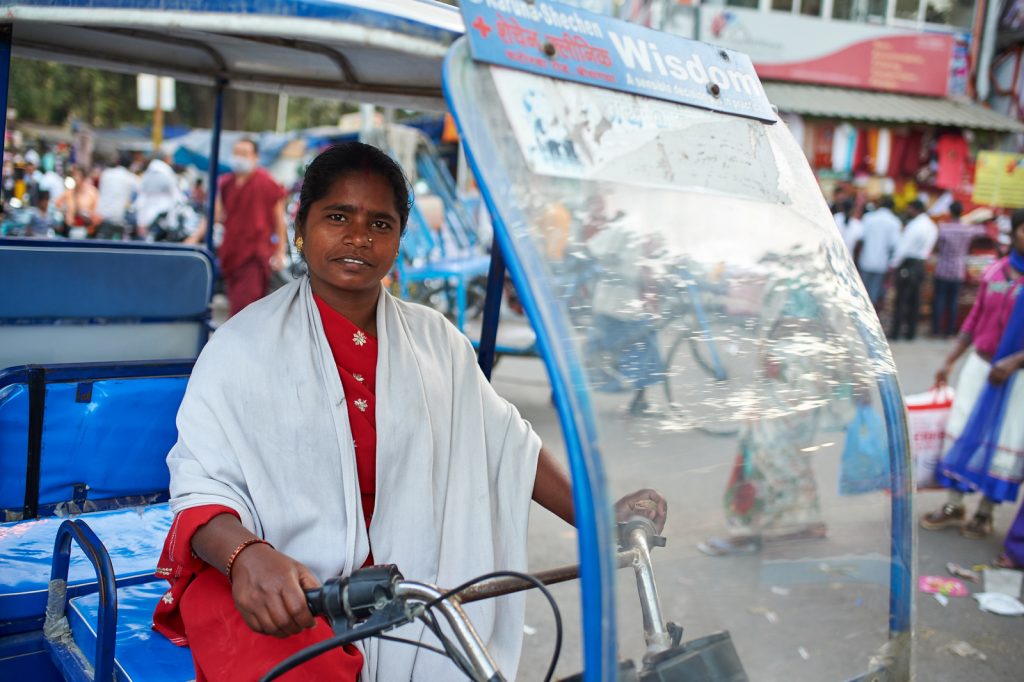
Karuna Shechen ensures the development of appropriate solutions to save lives, alleviate suffering and preserve the health of the most vulnerable. Our clinics and health posts are open every day, without interruption, offering diagnostic, general, specialised and alternative medical services.
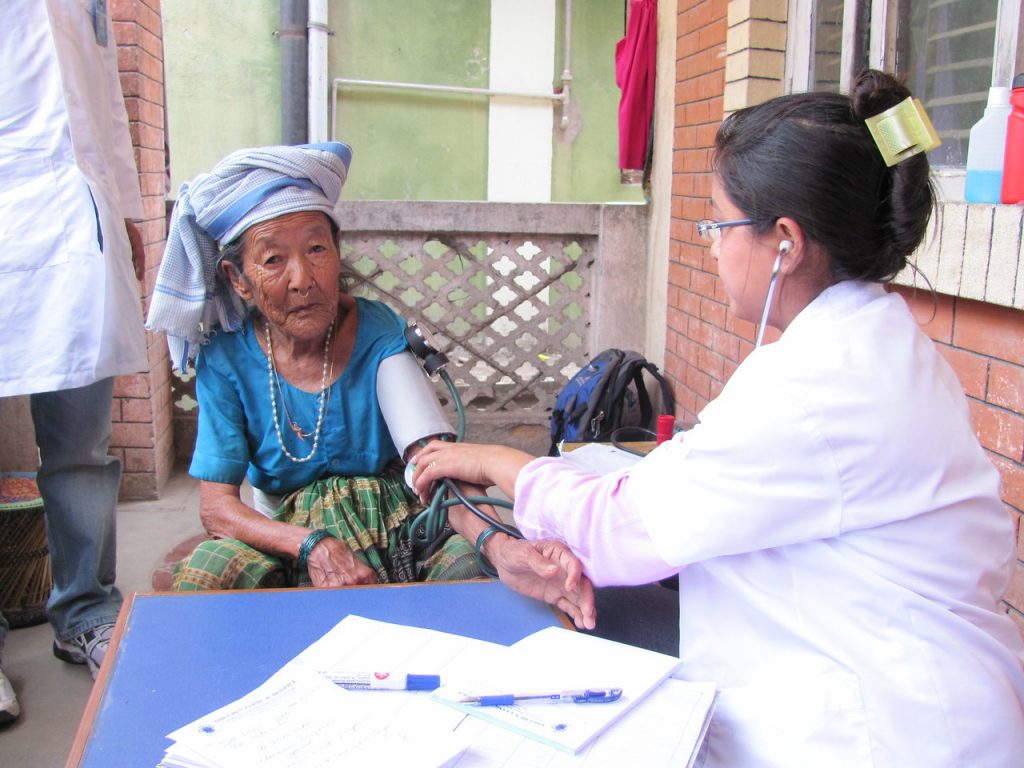
Prevention being the best medicine, our teams redouble their efforts to raise awareness among our beneficiaries about malnutrition, menstruation, maternity, breastfeeding and infantile diseases. Finally, we offer farmers ways to improve the health of their animals.
We work closely with local authorities to also intervene in remote community health posts through the provision of equipment and training of health workers.
Our impact in 2021
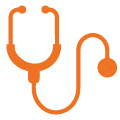
73,200 medical consultations

22,000 animals treated
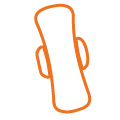
17,635 women
educated about menstrual hygiene
One of our programmes in India
Specialized medicine – Reducing pain with physiotherapy
In India, many patients overuse drug solutions due to their lack of awareness of other treatments and alternatives.
Physiotherapy treats certain diseases, injuries and deformities by physical methods (massage, heat treatments, exercises) rather than by drugs or surgery. This trains the body’s muscles to better cope with chronic pain instead of suppressing it with painkillers. With physiotherapy, caregivers can improve the quality of life of their patients with nerve or muscle problems.
We combine physiotherapy with acupuncture, which together are very effective: patients who benefit from these treatments are less sensitive to pain and affected by chronic diseases, such as kidney or liver disease. In addition to providing long-term results, these methods have no side effects.
I have been working at Karuna-Shechen for almost four years and I feel privileged to be able to help those in need through physiotherapy. We offer them a non-medicated alternative to alleviate their ailments, normally unaffordable elsewhere. I am passionate about my work because I work in a great environment and with motivated colleagues. I love to see patients regain their confidence and enjoyment of life after recovering from a serious illness.
Tabish Hussein, physiotherapist in Bihar – India
